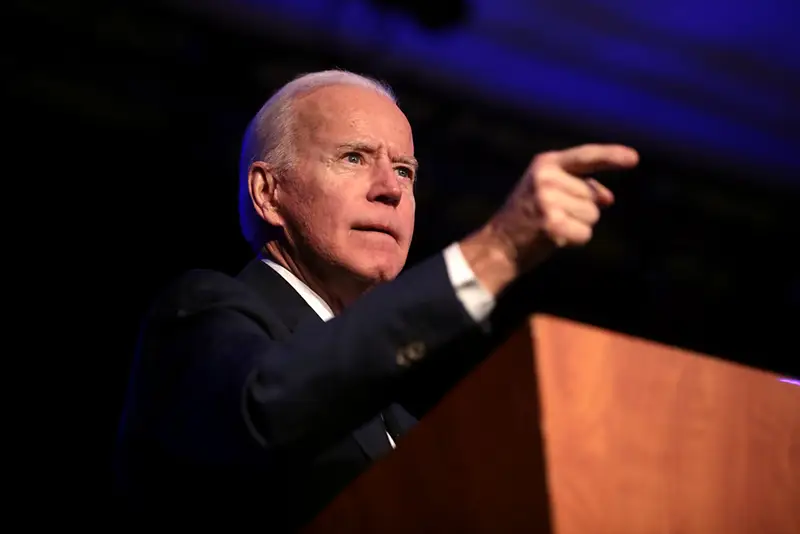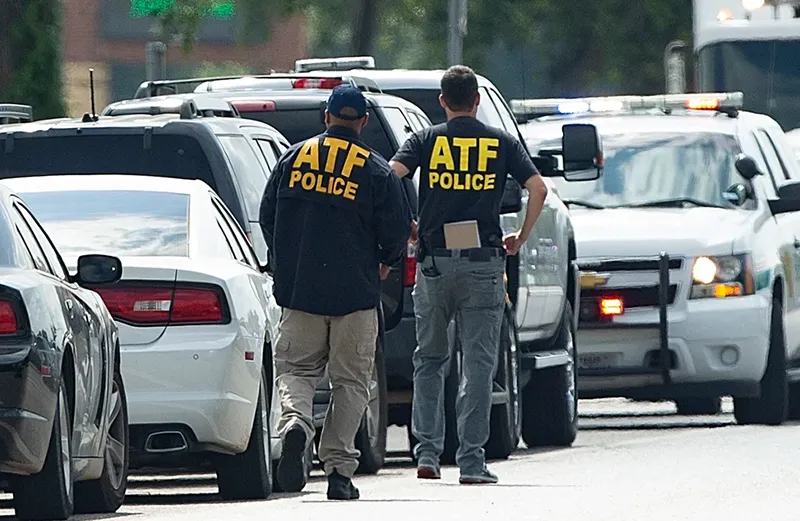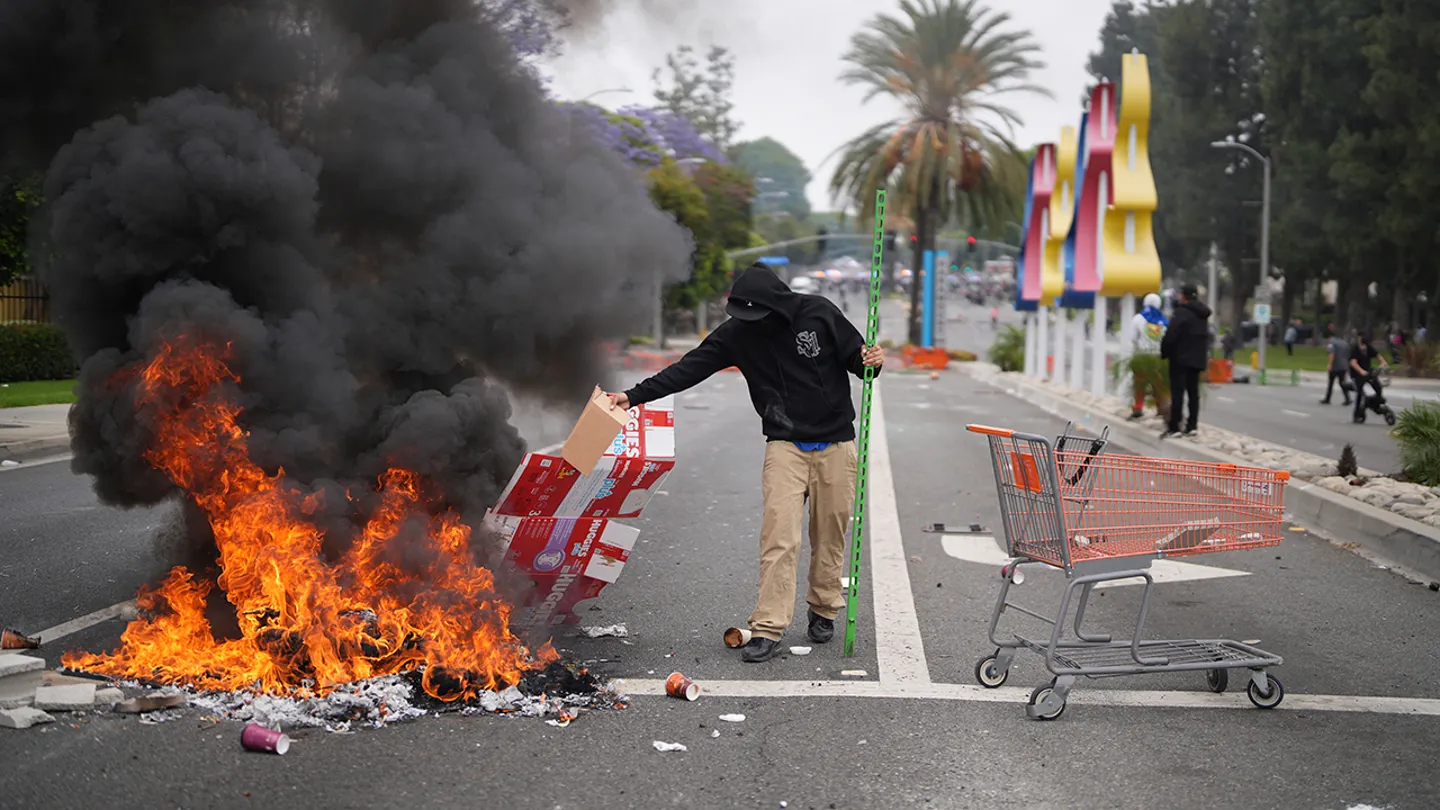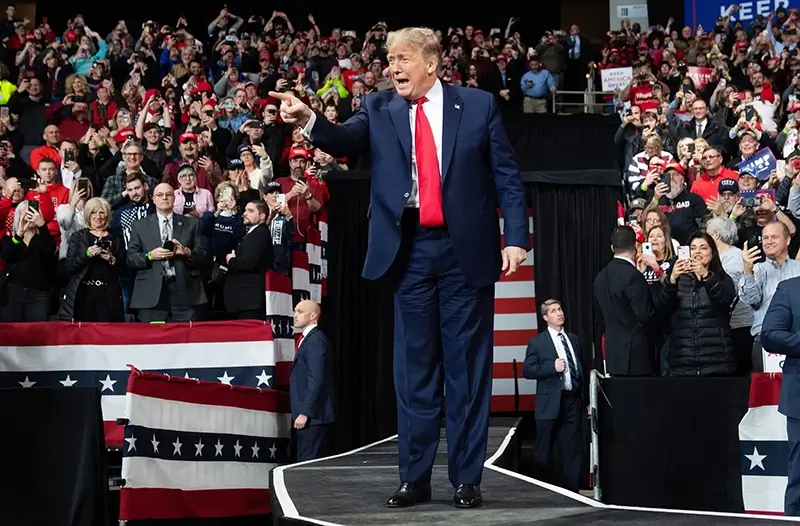Autopen Outrage: Biden’s Mass Pardons Spark New Wave of Controversy

📍 What You Need to Know
In a recent interview with The New York Times, former President Joe Biden defended his administration’s controversial use of an autopen to finalize clemency decisions for over 1,500 individuals. The White House previously touted this as the largest single-day act of clemency in U.S. history.
Biden insisted, “I made every decision,” asserting that the signature device merely streamlined the process after he approved overarching pardon criteria. Rather than signing each document by hand, the autopen applied his signature to mass clemency orders.
📉 Why It Matters
The use of the autopen has reignited partisan fire, with critics—most notably President Donald Trump—calling it a potential abuse of executive power. Trump recently ordered the DOJ to investigate whether the autopen use was tied to Biden’s cognitive decline, calling it “one of the most dangerous scandals in American history.”
While autopen use isn’t new, the scale and context—thousands of legally binding documents—has raised fresh constitutional and ethical questions.
📈 What’s Next
Attorney General Pam Bondi has been tasked with investigating the authenticity, legality, and decision-making chain behind the autopen use. Meanwhile, Republicans are calling for greater transparency into who truly wielded power in the administration’s final months. The public wants to know who was really running things behind the White House during Biden's administration.
🗣️ Editor’s Take
Whether you see this as bureaucratic efficiency or executive overreach, the Biden autopen controversy is more than a pen problem—it’s a trust problem. The presidency isn’t just about decisions made behind closed doors; it’s about public confidence in who made them. If voters begin to believe that critical executive powers were effectively outsourced—even to a machine—it opens a new Pandora’s box in how we interpret presidential authority and intent. Regardless of precedent, this scandal puts a modern twist on an old political question: Who’s really signing the orders?
US + World News Headlines

Sacramento Felon Pleads Guilty After Shooting at Federal Agents, Stockpiling Meth and Illegal Firearms

Los Angeles Taxpayers Hit With $32 Million Bill for Violent Anti-ICE "Protests"

Trump’s Monster Bill Nears Signature — and Both Parties Are Ready for War


